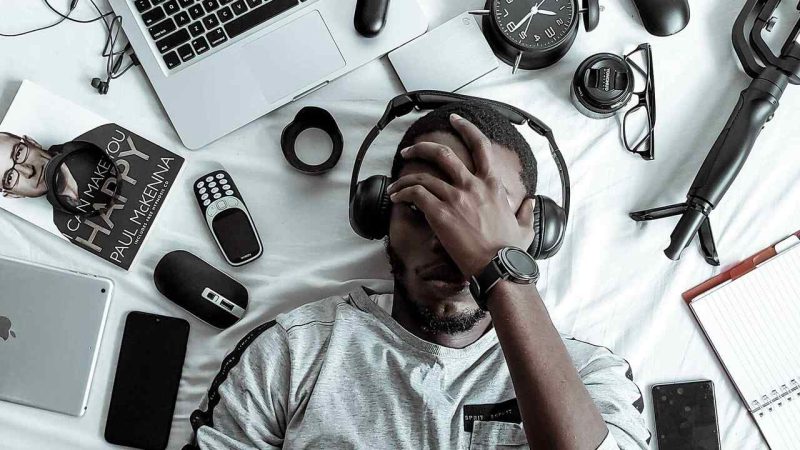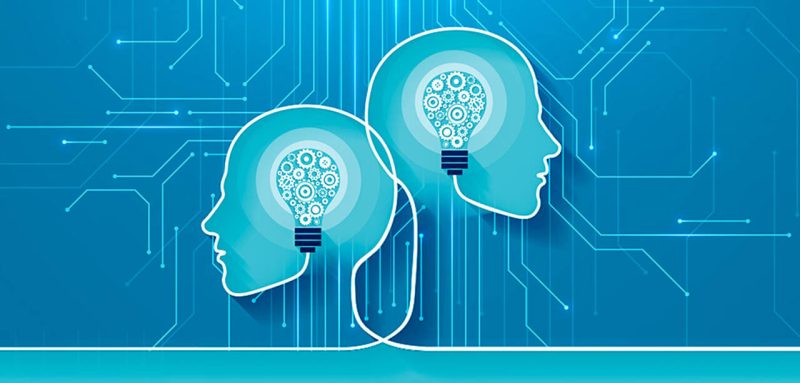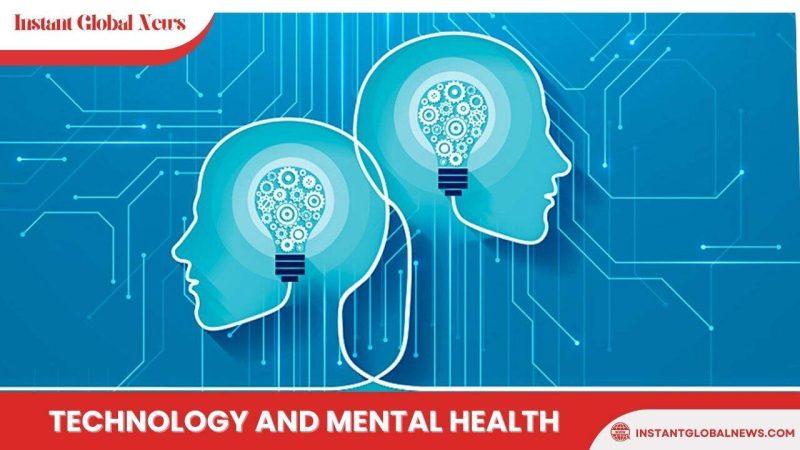Summary:

- Prolonged technology use can lead to physical health problems such as back pain, neck pain, and headaches, as well as mental health problems such as anxiety, depression, and social isolation.
- Heavy use of social media has been linked to sleep issues and decreased self-esteem. It may also increase the risk of developing mental health issues such as anxiety and depression.
- Professional help can be an effective tool for overcoming the stress and side effects created by heavy technology use. Contact Therapy Utah to be matched with a therapist who can provide support, coping strategies, and tools to help you manage these challenges.
The world we live in today is heavily reliant on technology. From smartphones to laptops, we use technology for work, entertainment, and communication. But while technology has brought many benefits to our lives, it can also have negative effects on our physical and mental health.
Therapy Utah has helped a wide range of people adversely affected by technology use through our individual therapy services, so we’re extremely familiar with the most common problems it causes and the best ways to address them. In this article, we will discuss some of the risks associated with prolonged technology use and offer strategies to help mitigate these risks.
The Main Risks of Prolonged Technology Use

Negative Mental Health Effects
Prolonged technology use can lead to mental health problems such as anxiety, depression, and social isolation. Heavy use of social media has been linked to decreased self-esteem and an increased risk of developing mental health issues. Studies have also found that individuals who spend more time on social media are more likely to experience symptoms of anxiety and depression. Additionally, poor sleep caused by technology use can exacerbate any mental health issues that are already present.
Negative Physical Impacts
Prolonged technology use can also lead to physical health problems—and since physical challenges can have a significant impact on your overall well-being and mood, it’s important to consider how they might affect your mental health by proxy. Common physical side-effects from heavy tech use include:
- Back pain
- Neck pain
- Headaches
- Eye strain
- Dry eyes
Some of these problems are caused by poor posture and excessive screen time, while others result from looking at screens for extended periods of time. The blue light emitted by screens can also interfere with our circadian rhythm and make it difficult to fall asleep, which can result in insomnia and poor sleep quality.
How & Why Heavy Technology Use Impacts Mental Health

Social media use has been linked to increased symptoms of anxiety and depression. When individuals use social media, they are often exposed to images of people living seemingly perfect lives, which can make them feel inadequate or inferior. This can exacerbate feelings of anxiety and depression, as individuals may feel like they are not living up to the standards set by others on social media.
As noted above, another reason for the link between prolonged technology use and anxiety and depression is the impact of blue light on our sleep patterns. The blue light emitted by screens can interfere with our natural circadian rhythms, which can lead to sleep disturbances and poor sleep quality. Poor sleep has been linked to mental health issues, including anxiety and depression.
Cyberbullying and online harassment are also potential risks associated with heavy technology use. Social media can be a source of cyberbullying and harassment, which can lead to anxiety and depression. The anonymity of the internet can make it easier for people to engage in negative behaviors, and the constant access to social media platforms can make it difficult for victims to escape the harassment.
Strategies to Mitigate Risks of Prolonged Technology Use

To mitigate the negative effects of heavy technology use on mental health, it is important to adopt strategies for managing our technology habits. Additionally, it is important to be mindful of the impact of social media on mental health and to remember that social media often presents an unrealistic and curated version of reality. Here are some strategies we recommend:
- Take Breaks: One of the most effective ways to mitigate the risks of prolonged technology use is to take frequent breaks. We recommend taking a 10-15 minute break every hour to stretch, stand up and walk around.
- Use the 20-20-20 Rule: Another strategy to reduce eye strain is to use the 20-20-20 rule. Every 20 minutes, look away from your screen and focus on an object that is 20 feet away for 20 seconds.
- Exercise Regularly: Exercise is essential for maintaining good physical and mental health. Regular exercise can help reduce stress and anxiety and improve sleep quality.
- Practice Good Posture: Poor posture can cause physical health problems such as neck and back pain. When using technology, it is important to practice good posture by sitting up straight and keeping your shoulders relaxed.
- Set Limits on Screen Time: Setting limits on screen time can help reduce the risks associated with prolonged technology use. Experts recommend limiting screen time to no more than two hours per day for children and teenagers.
Finding Support for a Healthier Relationship with Social Media

While technology has brought many benefits to our lives, it is important to be aware of the risks associated with prolonged technology use. By adopting healthy technology habits and prioritizing our mental health, we can reduce the negative impact of technology on our physical and mental well-being.
It’s ultimately up to each of us as individuals to take responsibility for our own technology habits and to make conscious choices to ensure that technology use does not negatively impact their mental health. However, doing this alone can be difficult—so seeking professional support is a valid and effective way to set and practice social media habits that support your mental health.
At Therapy Utah, we understand the unique challenges of balancing technology use with mental health. Our therapists can help you develop healthy technology habits and reduce the negative impact of heavy technology use on your day-to-day life. Whether you are struggling with anxiety, depression, or other mental health issues, we are here to support you on your journey towards wellness. Contact us now to speak with a team member who can help you find an ideal therapeutic match.




